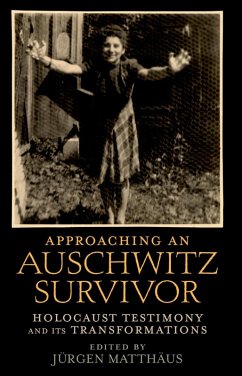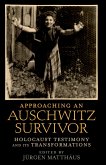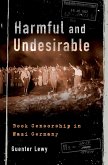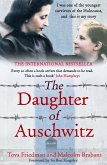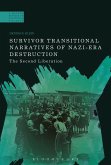Among sources on the Holocaust, survivor testimonies are the least replaceable and most complex, reflecting both the personality of the narrator and the conditions and perceptions prevailing at the time of narration. Scholars, despite their aim to challenge memory and fill its gaps, often use testimonies uncritically or selectively-mining them to support generalizations. This book represents a departure, bringing Holocaust experts Atina Grossmann, Konrad Kwiet, Wendy Lower, J?rgen Matth?us, and Nechama Tec together to analyze the testimony of one Holocaust survivor. Born in Bratislava at the end of World War I, Helen "Zippi" Spitzer Tichauer was sent to Auschwitz in 1942. One of the few early arrivals to survive the camp and the death marches, she met her future husband in a DP camp, and they moved to New York in the 1960s. Beginning in 1946, Zippi devoted many hours to talking with a small group of scholars about her life. Her wide-ranging interviews are uniquely suited to raise questions on the meaning and use of survivor testimony. What do we know today about the workings of a death camp? How willing are we to learn from the experiences of a survivor, and how much is our perception preconditioned by standardized images? What are the mechanisms, aims, and pitfalls of storytelling? Can survivor testimonies be understood properly without guidance from those who experienced the events? This book's new, multifaceted approach toward Zippi's unique story combined with the authors' analysis of key aspects of Holocaust memory, its forms and its functions, makes it a rewarding and fascinating read.
Dieser Download kann aus rechtlichen Gründen nur mit Rechnungsadresse in A, B, BG, CY, CZ, D, DK, EW, E, FIN, F, GR, HR, H, IRL, I, LT, L, LR, M, NL, PL, P, R, S, SLO, SK ausgeliefert werden.

